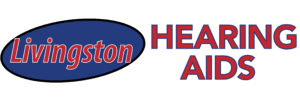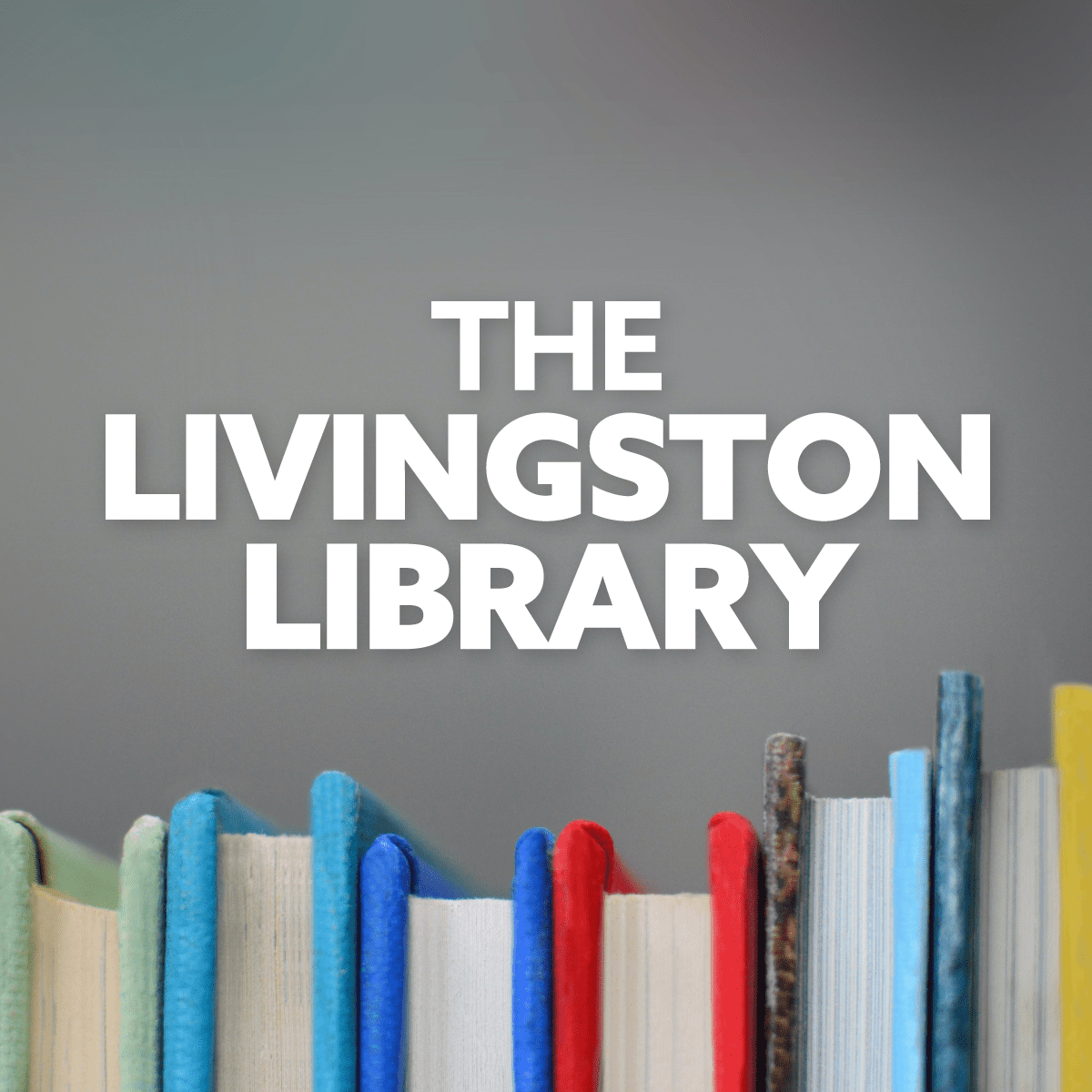There are also plenty of books you can read to help you better understand and deal with the struggle you now face. Written by everyone from physicians to researchers to everyday people who’ve experienced hearing loss firsthand, they run the gamut from information to personal stories to simple inspiration. We’ve selected a few of our favorites, with helpful tools and tips for families, friends, employees, and caretakers of individuals with hearing loss.
The Way I Hear It
by Gael Hannan
As someone who has lived most of her life with severe hearing loss, inspirational speaker Gael Hannan is no stranger to the struggles of limited hearing abilities. Part memoir, part survival guide, The Way I Hear It offers tips for effective communication, poetic reflections, and stories from people she has met in her workshops and at conferences.
Funny and uplifting, Hannan presents practical strategies backed by hearing loss research. Additionally, Hannan offers helpful advice on how to talk to audiology professionals to get the best possible hearing care, adjust to hearing aids, and empower yourself to communicate confidently.
The Way I Hear It isn’t just a book for people with hearing loss; it’s also an effective tool for their families and the audiology professionals who serve them. Hannan shares not only the daily frustrations but also a strong message of hope and optimism for living successfully with hearing loss.
Hearing Loss: Facts and Fiction – 7 Secrets to Better Hearing
by Dr. Timothy Frantz
When it comes to hearing health, there are few better places to get insights than straight from the expert.
Written by an experienced ear, nose, and throat (ENT) specialist, this easy-to-read book is an informative resource for anyone with any level of hearing loss.Dr. Timothy Frantz gives readers the tools they need to identify hearing loss, as well as the steps to take to address it.
Plus, Dr. Frantz offers helpful and comprehensive tips for navigating the world of hearing aids, and finding the right hearing care. If an expert—yet easily-digestible—perspective is what you’re looking for, this book is a great place to start.
Reclaiming Your Confidence: Real Life Tips for Managing Hearing Loss at Work
by Debbie Lousberg
Maintaining a career with hearing loss isn’t always easy—but it’s definitely doable.
As a career consultant and success coach who struggles with hearing issues herself, Debbie Lousberg gives readers practical tips and best practices for how to excel and exceed expectations in the workplace—even with hearing loss.
For anyone who wonders what their co-workers will think, how to handle insensitive reactions and how to work through those (very normal) moments of feeling “less than,” Lousberg provides a wealth of positive reinforcement, useful information and confidence-boosting stories that will bring a smile to your face and help you understand that yes—you can lead, produce and thrive in the workplace when you have hearing loss. Whether you work in a corporate job, the service industry or manufacturing, this book is an excellent companion in your journey to living and working better with hearing loss.
Shouting Won’t Help: Why I – and 50 Million Other Americans – Can’t Hear You
by Katherine Boutin
While Katherine Boutin’s Living Better with Hearing Loss (above) serves as more of an everyday guide for those who struggle with hearing issues, her second book on this list, Shouting Won’t Help, provides an emotional account of her own struggles—as well as her successes—with adult onset hearing loss.
Receiving positive reviews from People magazine and the New York Times Book Review, we couldn’t think of a better way to round out our must-reads list than with this critically-acclaimed work.
In this memoir, Boutin recounts her own journey into deafness, and her return to the hearing world through the miracles of technology. She details her conversations with a number of doctors and hearing specialists, as well as others who are seeking the causes—and cures—for hearing loss, interweaving their stories with her own.
This informative and deeply-felt account paints a clear picture of what it’s like to live with what Boutin refers to as an “invisible disability,” making it a must-read for both those who struggle with limited hearing, as well as the families, friends, caregivers and employers of those who have hearing loss.
Follow Us:





